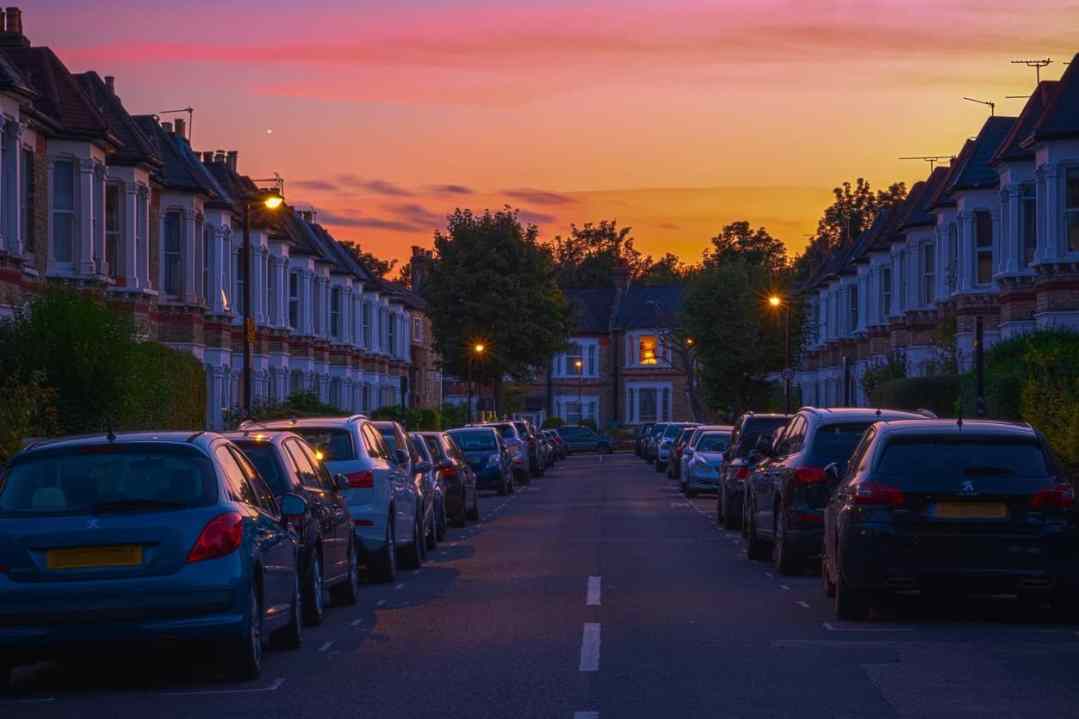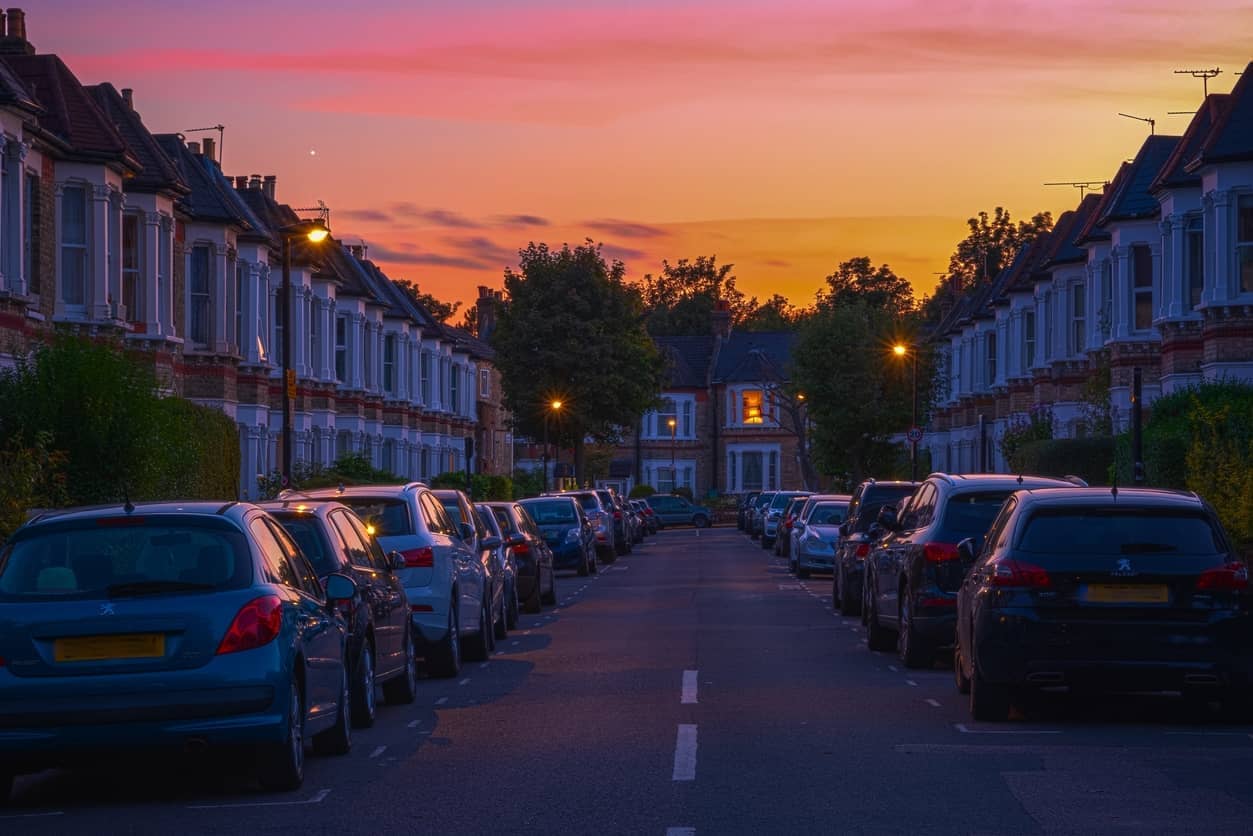Britain has a bold new plan for dealing with a winter energy crisis: ‘hope for good weather’. It’s hard to see what else is on offer; nobody seems to be seriously discussing what the government can do to secure energy supplies through the winter, how households will heat their homes, and whether we should rescue businesses driven to bankruptcy by soaring energy prices. The state is braindead until Boris Johnson finally departs. His potential successors are engaged in hard-hitting discussions over whether it’s possible to hold a budget without OBR forecasts, or whether tax cuts will drive inflation higher.
Meanwhile, natural gas prices are soaring as the Nord Stream pipeline prepares for another maintenance shutdown, and Putin toys with the threat of shutting down supply to Europe. Britain’s plan for getting through the winter without blackouts – ‘import electricity from Europe’ – is in tatters. The National Grid has based its plans on being able to import 5.7 gigawatts of electricity from the continent whenever we need it, in addition to gas flows from Norway. With Oslo talking about limiting electricity exports and the French nuclear fleet operating well below capacity, that assumption might not hold.
So let’s briefly recap. We don’t have enough gas. If we don’t have enough gas, we don’t have enough electricity. Prices are going through the roof, despite the cap on costs: annual bills for the ‘average’ household are expected to rise from £1,971 to £3,600 on Friday. If Russia turns off the taps, they’ll rise higher. They’re already expected to hit £6,000 next April. People assuming households will simply use less energy could be in for a rude awakening.
The state is braindead until Boris Johnson finally departs
Domestic energy use responds slowly to price increases when it responds at all, with household use dropping
about 1 per cent for every 10 per cent increase in prices. If you use this to guesstimate a demand curve, the current increase in the price cap would see households cut maybe £305 off their annual bill. There’s still room for things to get worse. Higher energy prices are expected to drive inflation over 18 per cent in January next year, while also tipping Britain into a recession. Businesses, which don’t get the benefit of a price cap, are already beginning to fold.
And what’s the government’s plan for dealing with this? Blackouts. Organised blackouts. And if assumptions about interconnectors and gas flows are wrong, unpredictable blackouts on top of those.
Current government support for households amounts to a £400 energy rebate, £150 council tax rebate, and £650 in a lump sum payment for families on benefits. Rishi Sunak would boost these payments by an unspecified amount, and cut the 5 per cent VAT on energy to zero. Liz Truss is planning for tax cuts and the suspension of green levies, plus an unspecified offer of assistance ‘across the board’. Nobody knows what the plan is to support businesses, if there is one.
Nobody envies Truss or Sunak the decisions they will have to make on taking office. But they will have to make them. The core problem facing the country is that with Russian gas no longer flowing to Germany, Britain is competing with the continent for a reduced pool of energy. Prices will rise and keep rising until demand and supply are balanced. When demand is slow to respond – as it is with energy, where both households and businesses have built plans around a certain level of availability – this process is particularly brutal. If businesses can’t quickly adjust their energy use, then prices simply rise until they start going bust.
The next PM won’t be able to magic more gas into existence. They will instead have to make a basic decision: how should our available stock of energy be divided? There is an argument that they should simply let the market decide, but the existence of an energy price cap means we’re already well beyond that point. Once that decision is addressed, they can start to delve into the details: should firms which would have been financially viable in the absence of a gas shortage be financially supported? Do we expect prices to come down enough in 2023 to make this a realistic option? Can they access private credit?
In terms of supporting households, it’s generally accepted that the best thing to do is give people money rather than suppress prices; that way, they at least have some incentive to lower their energy use. But again, they respond slowly when they respond at all. Then there’s the question of how much money to give to whom; should the government prioritise low-income households? If so, how should it allocate the money? Not everyone who needs support will be on benefits. Some ideas in this space are worse than others; having GPs write prescriptions for money off bills ranks at the very bottom of the list. Whichever Treasury official looked at a winter NHS crisis, looked at a winter energy crisis, and then decided to suggest combining the two by clogging up GP waiting lists with freezing pensioners deserves some sort of award.
Then there are longer term problems. It’s unlikely that relations with Russia will return to normal by winter 2023. What can we do to secure energy supplies by then? Can we pay people and businesses to reduce use? Can we build more storage capacity, or terminals for liquid natural gas, or win approval for fracking? Should we be investing in solar projects and interconnectors in North Africa, potentially freeing up gas for export in addition to any direct electricity transfers?
I don’t know the answer to these questions. What bothers me is that it doesn’t appear like anyone in Number 10 – or on its threshold – does either. I want to know how the government is going to help Britain through the winter. If it doesn’t, whoever wins the Conservative leadership will find themselves in the cold in 2024.








Comments